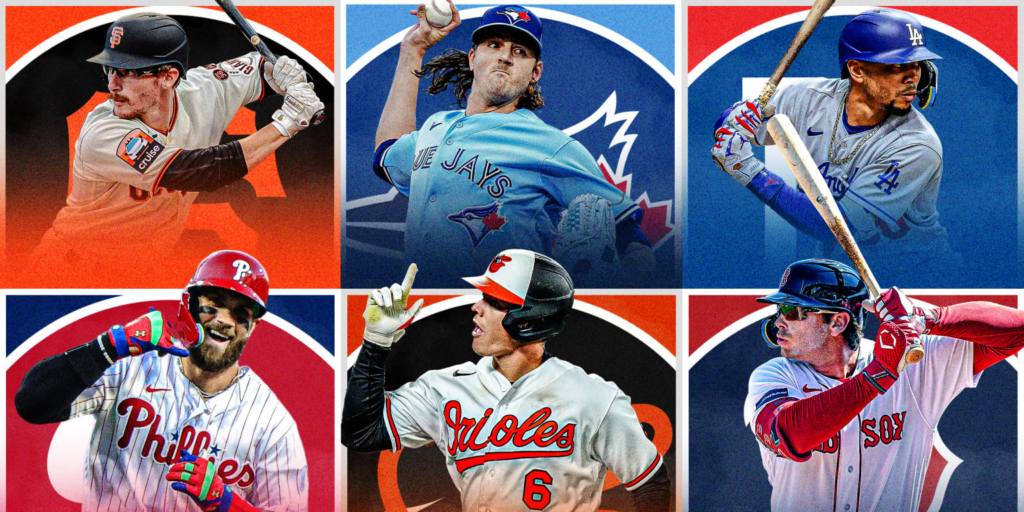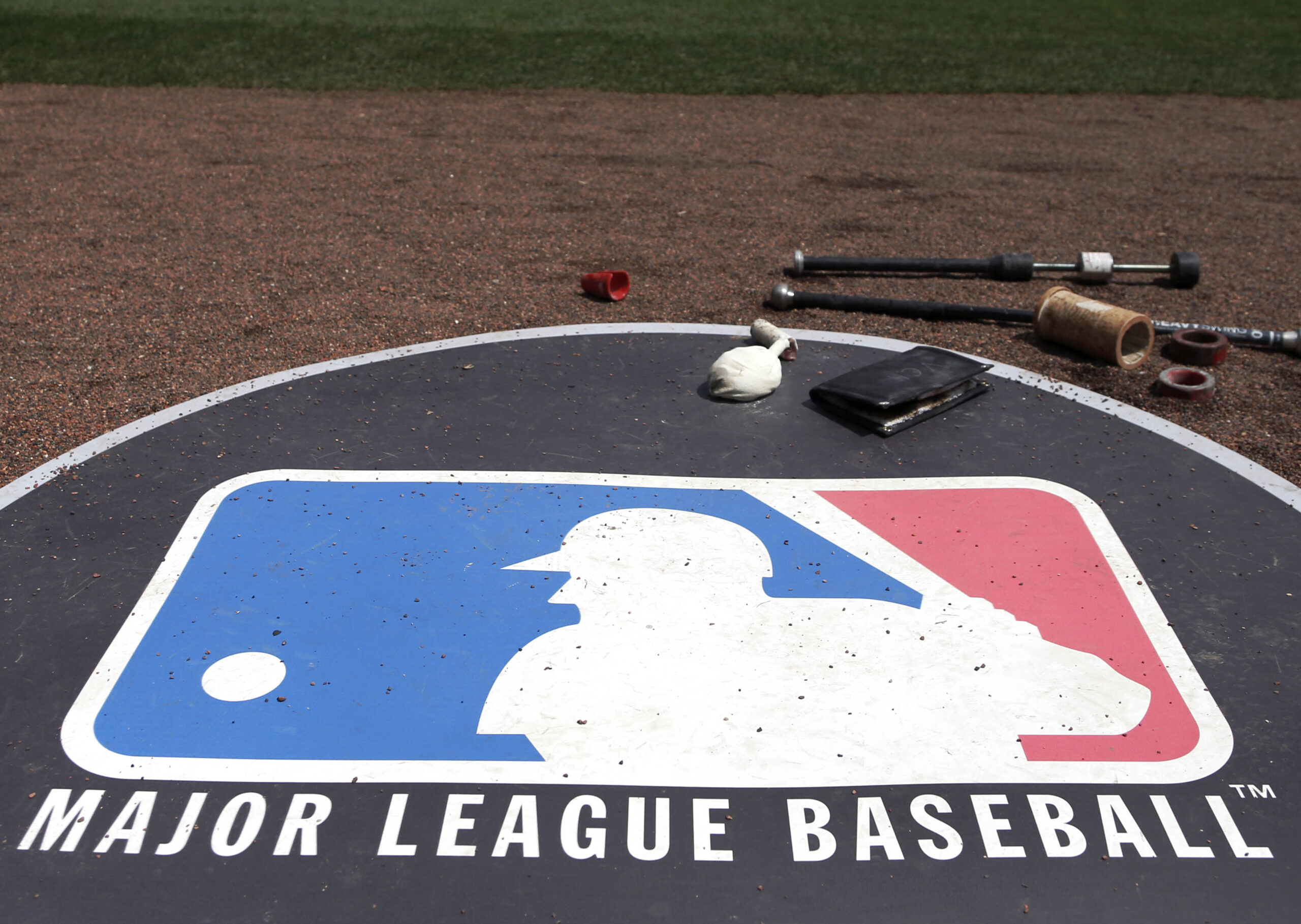Major League Baseball (MLB) stands as one of the most iconic and storied sports leagues in North America. Founded in 1903, MLB has evolved significantly over the past century, shaping not only American sports culture but also impacting global baseball. Major League Baseball

The Origins and Evolution of MLB
Baseball, often referred to as America’s pastime, has roots that trace back to the mid-19th century. The formation of MLB came about as a result of the merger between the National League (NL) and the American League (AL) in 1903. This merger aimed to unify the competitive landscape and establish a more organized structure for the sport. https://www.mlb.com/

In the early years, MLB was a vastly different entity compared to today. The league consisted of fewer teams and played fewer games, but it laid the foundation for what would become a national and international phenomenon. Over time, MLB expanded, adding new teams and increasing the number of games played each season.
The Structure of MLB
MLB is currently divided into two leagues: the National League (NL) and the American League (AL). Each league is further divided into three divisions: East, Central, and West. The teams within these divisions compete throughout the regular season, culminating in the playoffs. The winners of the two leagues meet in the World Series to determine the MLB champion. https://www.mlb.com/phillies/

The structure of MLB includes 30 teams, with 15 teams in each league. Each team plays a 162-game regular season, which is one of the longest https://www.mlb.com/scores schedules in professional sports. This extensive schedule is designed to provide a comprehensive evaluation of a team’s performance and resilience.
The Impact of MLB on American Culture
MLB has had a profound impact on American culture. The sport has been a significant part of American life for over a century, influencing everything from fashion to language. Iconic figures such as Babe Ruth, Jackie Robinson, and Willie Mays have transcended sports and become cultural symbols.
Jackie Robinson’s integration into MLB in 1947 was a landmark event in American history. Robinson, who played for the Brooklyn Dodgers, broke the color barrier in professional baseball. His courage and skill paved the way for greater racial integration in sports and society at large.

Modern MLB and Globalization
In recent decades, MLB has embraced globalization, recognizing that baseball has a substantial following outside the United States. The league has held games in various international locations, including Japan, Mexico, and the United Kingdom. https://www.mlb.com/rangers/ These efforts are aimed at expanding the sport’s global reach and engaging with international fans.
The MLB World Series, which is the league’s championship series, is watched by fans worldwide. This global interest in baseball has led to an influx of international players into the league, further enriching the talent pool and diversifying the game.

The Role of Technology and Analytics
The advent of technology and analytics has transformed MLB in recent years. Teams now use advanced statistics and data analytics to make strategic decisions. Sabermetrics, a field of statistical analysis focused on baseball, has become an integral part of how teams evaluate players and strategies.
Technological advancements also extend to how fans https://www.mlb.com/yankees/ experience the game. High-definition broadcasts, digital platforms, and mobile apps have changed the way fans engage with MLB. These technologies provide real-time updates, in-depth statistics, and enhanced viewing experiences, making the sport more accessible than ever before.
Challenges Facing MLB
Despite its rich history and continued popularity, MLB faces several challenges. One significant issue is the game’s pace. Critics argue that the sport has become slower and less engaging for modern audiences. In response, MLB has implemented various rule changes to speed up the game and enhance its appeal.
Another challenge is the league’s efforts to address issues of diversity and inclusion. While strides have been made since Jackie Robinson’s era, there is ongoing work to ensure that MLB reflects a diverse and inclusive environment both on and off the field.
The Future of MLB
Looking ahead, the future of MLB seems promising but will require adaptation and innovation. The league’s commitment to expanding its global footprint, embracing technology, and addressing internal challenges will shape its trajectory. As baseball continues to evolve, it will remain a cornerstone of American culture and a beloved sport around the world.
The MLB draft, player development programs, and community outreach initiatives are all part of the league’s efforts to build a sustainable future. By nurturing young talent and fostering a strong connection with fans, MLB aims to ensure that the sport remains vibrant and relevant for generations to come.
Conclusion
Major League Baseball is more than just a sports league; it is a cultural institution with a rich history and a dynamic future. From its early days to its modern iteration, MLB has had a lasting impact on American culture and the global sports landscape. As the league continues to grow and adapt, it will undoubtedly maintain its status as a beloved pastime and a symbol of excellence in baseball.


